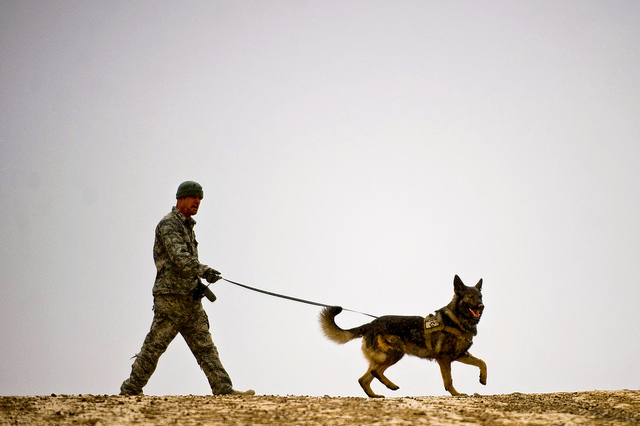
We’re kicking off the last round-up for 2014 with peek into the new year: our colleagues at CSIS have predicted five events that will shape Southeast Asia in 2015 including a ruling on the Philippines’ South China Sea case and the state of Thailand’s democracy (for more on Thailand, the International Crisis Group have a newish report on the country’s prospects of stability). While not an event per se, I’d add to that list social and political changes in Indonesia under President Jokowi as he pushes ahead with reforms such as reducing fuel subsidies.
Meanwhile, is Indonesia turning away from ASEAN under Jokowi? Over at The Diplomat, Prasanth Parameswaran suggests, from statements made by Jokowi and his advisors, that Indonesia’s foreign policy will adopt a more bilateral than multilateral stance.
Winter is coming, warns the International Crisis Group in a report released just yesterday on the state of eastern Ukraine. The report evaluates the effect of winter on Ukraine’s separatists and their need for further Russian aid as well as discuss the conditions under which hostilities involving the Russian military could return.
Sticking with the northern hemisphere, if you need a snapshot of British defence policy, here’s a speech by the UK’s Chief of the Defence Staff, General Sir Nicholas Houghton, delivered this week to RUSI that outlines the legacies of Iraq and Afghanistan, capability priority areas and how Britain sees the future.
In submarine news, last week Brazil’s president inaugurated a naval shipyard that will construct a nuclear-powered submarine. While keen to join the ‘nuclear subs club’, here’s a Defense Industry Daily overview that explains the vessels Brazil intends to construct, the deal with the French that started it all and a timeline of events. Meanwhile, India’s first indigenous nuclear submarine is ready to make its maiden voyage.
If you’re interested in broader international security, Thomas de Waal has a new piece that explores the politics of the word ‘genocide’. Looking at the Ottoman Empires actions towards Armenians, de Waal explains the history of the word and the angst it has caused US–Turkish–Armenian relations.
Speaking of US relations, Adam Tiffen over at Defense One looks at what the new Defense Secretary, Ash Carter, has in store for the Asia rebalance.
This week’s pick on future trends concerns the costs of antibiotic resistance. A new study by the RAND Corporation calculates the global economic costs of antimicrobial resistance out to 2050, and while there are no surprises in their findings—that is, lower population estimates, smaller global economy and so on—it’s worth thinking about the impact of this trend given the existence of strains of antibiotic-resistant tuberculosis in the region.
For the humour pick of the week, the US Army has welcomed its first openly transgendered military working dogs. Paws Across the Rainbow, the US’ leading advocacy group for LGBT animals, called it a ‘landmark achievement for all military working animals, no matter what their sexuality.’
Natalie Sambhi is an analyst at ASPI and managing editor of The Strategist. Image courtesy of Flickr user The US Army.

